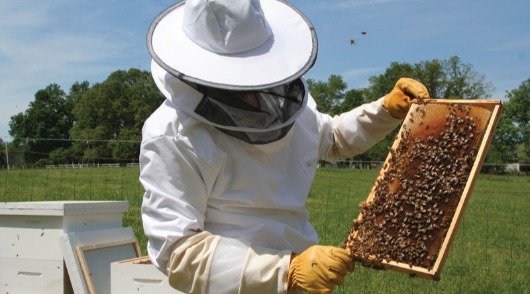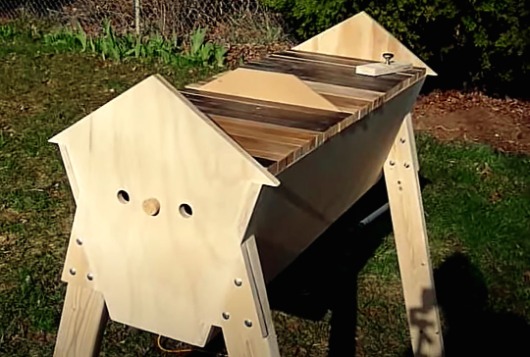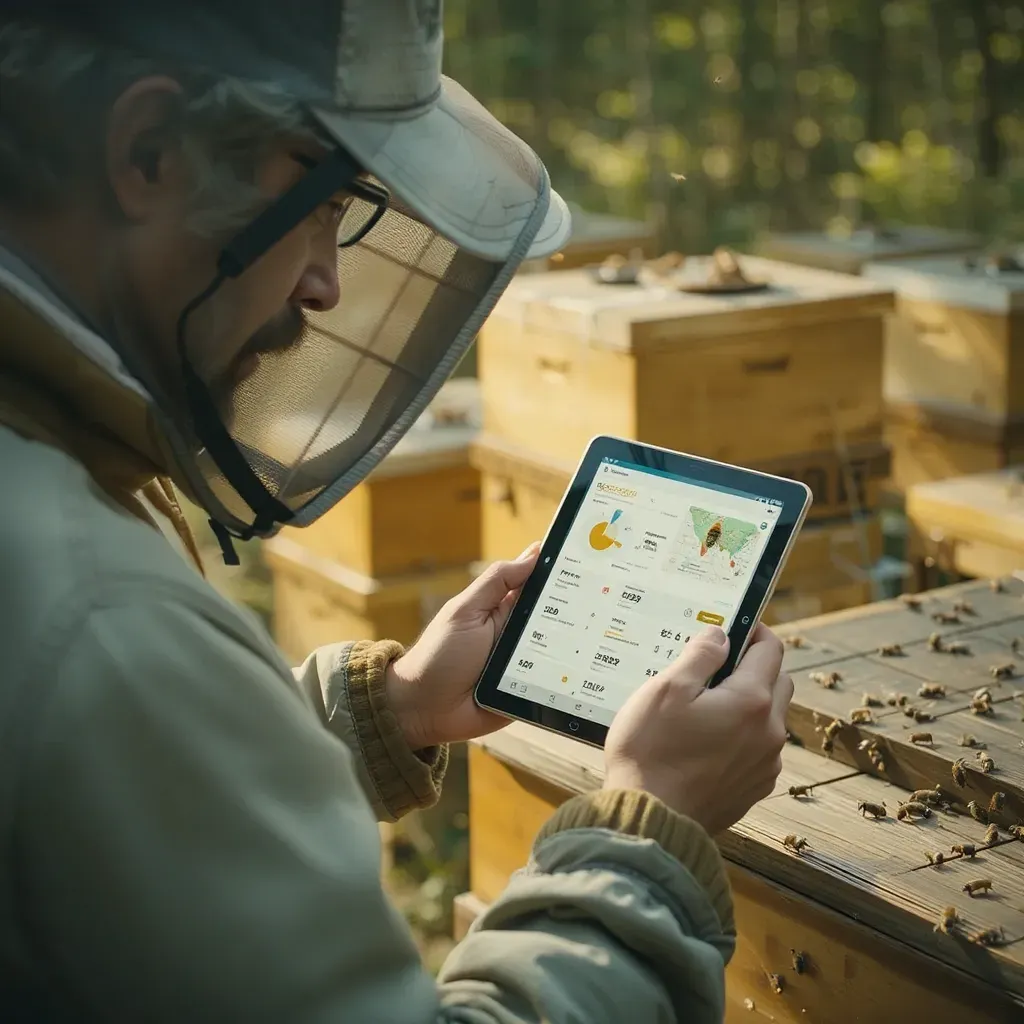HOW TO FIND A BEEKEEPING MENTOR
Most beekeepers don't have a mentor in the traditional sense. That is, a person who has experience working with bees and has the time to teach you what they've learned. But there are still ways to learn from those who are doing it, and that's where mentorships come in.
First Read A Book
It’s important to do some reading and training before you meet with a potential mentor. You will want to know what they know about bees and beekeeping, what their experience is, and what they are looking for in a mentee. Mentors are also looking to learn from those who have done similar work.
If you're going to learn anything about beekeeping, start with learning how to talk to other people and listen carefully. In this case, what you'll really be doing is communicating with your mentor. A mentor is like a coach. And you'll learn from listening to them as well as hearing them speak.
There are many ways to do things in beekeeping and this will be determined by your interest in the field. Once you determine what you want to know and what your goals are, you can look at different methods and try them out.

Potential Mentors
It can be tough to find mentors who are right for you. You don't have to be a natural-born leader, or even particularly knowledgeable. In fact, you don't need to even have a beekeeping background. Just follow these simple steps and you'll find yourself a mentor in no time.
A potential mentor is someone who you can learn from. They can teach you different approaches to keep bees and offer feedback on how your own system is working. If you find yourself in a situation where a mentor seems to be available, start asking questions about their experiences.
Compatible?
When meeting with someone who may be your new mentor, don’t just look at their experience. You should also take a look at their beekeeping philosophy. What are their goals? What do they stand for? How does the beekeeping culture change over the years in their location?
Do you know how to work with your bees and still keep them healthy? If you're thinking about starting a beehive, it's best to know the difference between a commercial operation and a hobby operation. The biggest difference is that with a commercial operation, you'd likely be getting some kind of income from your honey produced by the bees.
How do mentors feel about their mentoring style? What questions do they ask themselves before choosing what kind of mentor to be? If you've never mentored before, these are important questions to ask yourself. The answers could be key in determining how successful your mentoring experience is.

Expectations Setting
When you are looking to learn new skills or develop new career skills, it can sometimes seem like there isn't any way to really know what you need to know. If you are not currently getting paid to learn, how do you know what you are expected of you? Be clear and upfront about what you want to learn and the expectations that are going to be on you.
The way I see it, the most successful beekeepers have two things in common: They are committed to making it a priority to build their colonies. They put in long hours every week, often working 12 or more hours per day. The other thing that these beekeepers share is an eagerness to learn. They’re willing to do what it takes to get the experience they need to keep their hives thriving.
This type of relationship is not good for anyone involved. If the mentoring relationship is going well, it should be clearly defined from the beginning. One person may find it helpful to be upfront with both parties on what is expected. The mentor may want to have some control of their activities, but not too much since they are investing a lot of time and effort into their students.
It is extremely challenging to get started as a new beekeeper. This is especially true if you live in a remote area. You can only benefit from having a mentor who can help guide you in the first few months. In fact, it can take years to build up a good network of friends in the industry.
There are so many ways to learn new skills and become a better beekeeper now, including videos, forums, and even podcasts. Even experienced beekeepers can learn from the experiences of other beekeepers!


